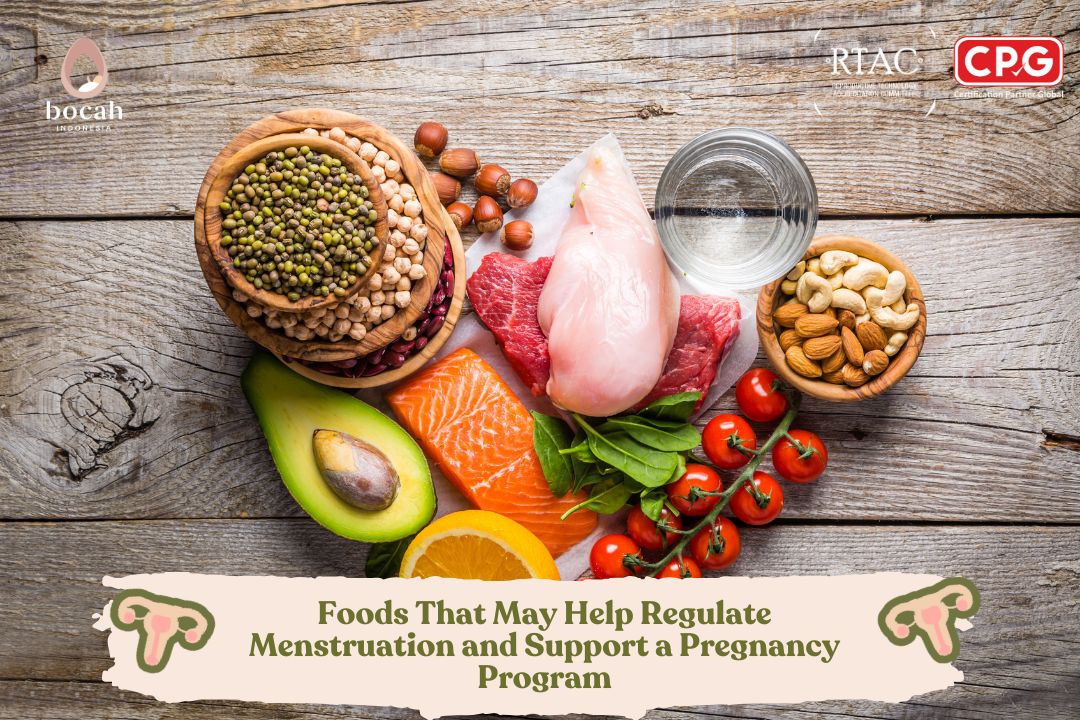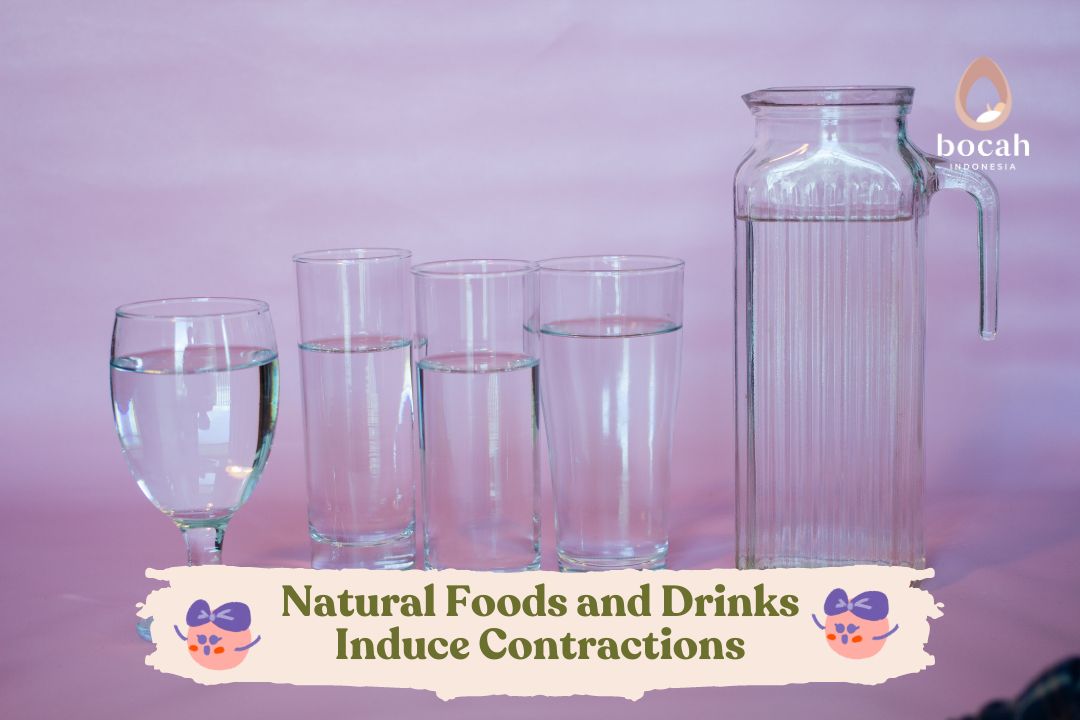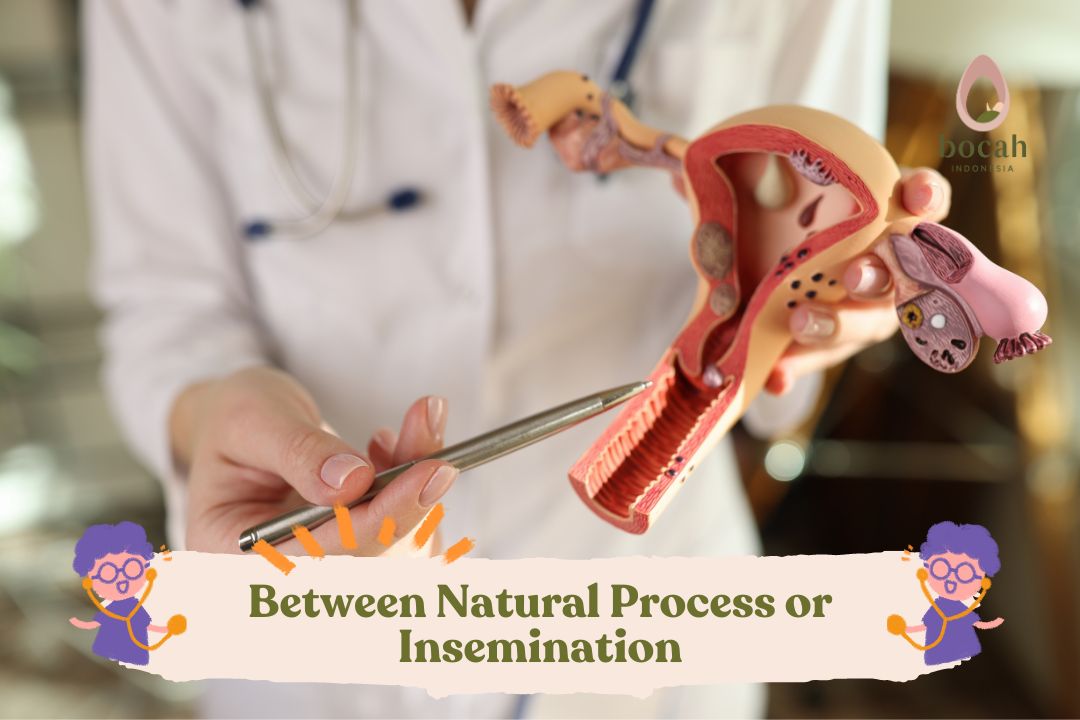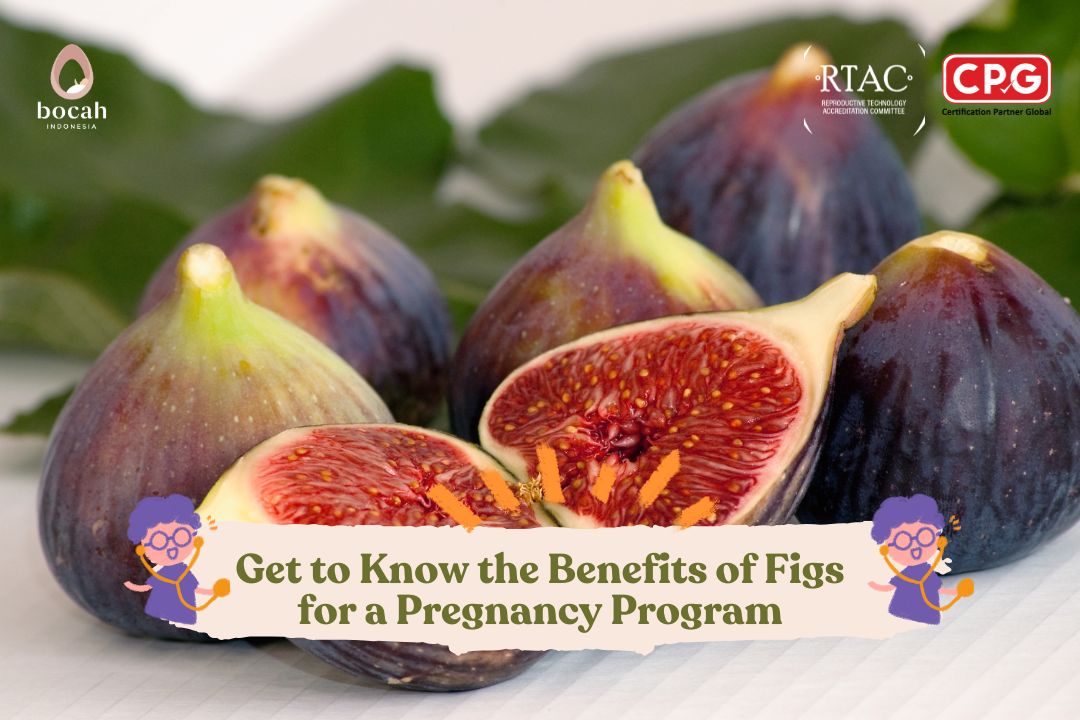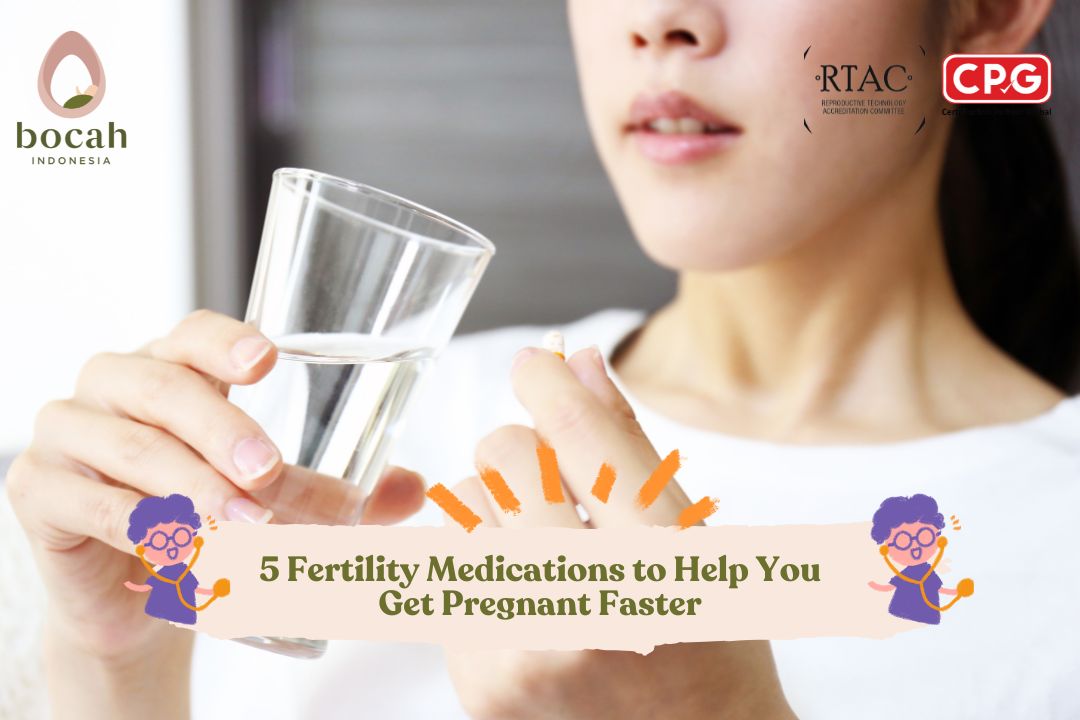12 Natural Ways to Boost Fertility Get Ready to Embrace Pregnancy
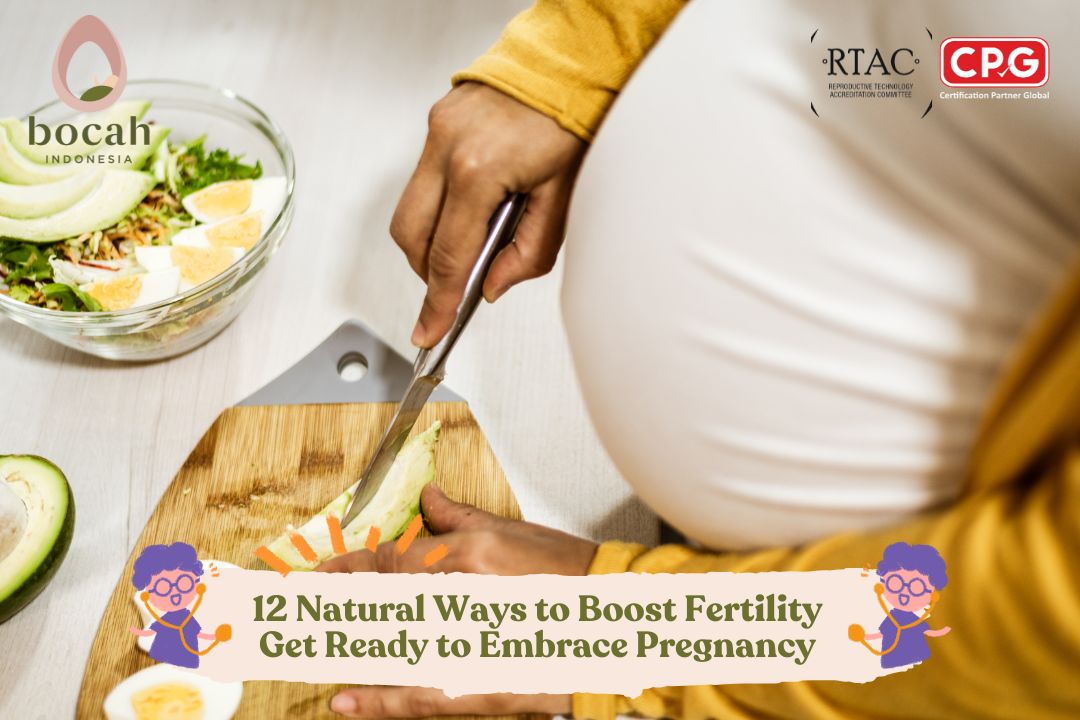
The journey to parenthood can take many paths, and one of the most important steps is optimizing fertility. Undergoing a pregnancy program (promil) is filled with hope and anticipation, and maintaining overall health is a key foundation that should be prioritized from the start.
One natural way to support fertility is by adopting a healthy diet. Consuming nutrient-rich foods such as vegetables, fruits, proteins, and folic acid plays a critical role in hormonal balance and reproductive health.
In addition to nutrition, an active lifestyle also significantly contributes to increasing the chances of conception. By implementing these healthy habits, couples can better prepare to welcome their little one. Here are several natural strategies to consider:
1. Eat Antioxidant-Rich Foods
Free radicals in the body can damage both egg and sperm quality, reducing fertility potential. To counteract this, it’s recommended to eat foods high in antioxidants like folate, zinc, vitamin C, and vitamin E, which help protect the body’s cells from oxidative stress.
Good sources include berries, citrus fruits, spinach, broccoli, almonds, and sunflower seeds. These not only support reproductive health but also promote hormonal balance crucial for conception.
Tanya Mincah tentang Promil?
2. Have a Hearty Breakfast
A nutritious, larger breakfast can positively affect hormone levels related to fertility. A study published in Clinical Science Journal (2013) found that women with Polycystic Ovary Syndrome (PCOS) who ate a heavier breakfast saw reductions in insulin and testosterone levels—key contributors to ovulation issues.
For women of normal weight, the research showed breakfast reduced insulin by 8% and testosterone by 50%, potentially improving ovulation.
3. Avoid Trans Fats
Trans fats, commonly found in processed foods like margarine, fried snacks, and fast food, may increase the risk of ovulation disorders. According to the American Journal of Clinical Nutrition (2007), high trans fat intake was associated with a 31% higher risk of ovulation problems.
Instead, choose healthy fats such as unsaturated fats found in avocados, olive oil, and nuts to support reproductive health.
4. Reduce Refined Carbohydrates
Lowering carbohydrate intake can help balance insulin levels, reduce body fat, and regulate menstrual cycles—especially for women with PCOS. Studies have found that women who consume high amounts of refined carbs face a 78% greater risk of ovulation disorders than those who limit their intake.
5. Opt for Complex Carbs
Simple carbs such as white rice and white bread can spike blood sugar, affecting reproductive hormones. Replace these with complex carbohydrates like brown rice, quinoa, and whole grains, which are digested more slowly and help maintain hormonal balance.
6. Increase Fiber Intake
Fiber helps regulate hormone levels and stabilize blood sugar. Leafy green vegetables, whole grains, fruits, and legumes are excellent sources of fiber and can be easily incorporated into your daily diet to support fertility.
7. Choose the Right Protein Sources
Replacing some animal protein with plant-based protein may improve fertility. Plant proteins from legumes, tofu, tempeh, and seeds are rich in fiber, vitamins, and minerals that benefit reproductive health.
Research in the American Journal of Obstetrics and Gynecology found women consuming more plant protein had a 50% lower risk of ovulation disorders than those who primarily consumed animal protein.
8. Exercise Regularly
Physical activity plays a crucial role in fertility. Studies show that women who engage in regular exercise (at least one hour per week) are less likely to experience ovulation issues.
However, avoid over-exercising, as excessive physical activity can have the opposite effect. Choose a moderate and consistent exercise routine.
9. Maintain a Healthy Weight
Both underweight and overweight conditions can affect fertility. An unhealthy Body Mass Index (BMI) can disrupt hormonal balance and menstrual cycles.
Use a BMI calculator or consult your doctor to determine your ideal weight and plan appropriate adjustments if needed.
10. Avoid Smoking and Alcohol
Tobacco and alcohol contain toxins that may damage eggs and sperm, disrupt hormonal balance, and reduce fertility. Couples trying to conceive should quit smoking and avoid alcohol to improve their chances of pregnancy.
11. Practice Healthy Sexual Habits
Safe, healthy sexual practices are vital during a fertility program. Avoiding sexually transmitted infections (STIs), remaining faithful to your partner, and undergoing regular reproductive health checkups can significantly enhance conception chances.
12. Manage Stress Effectively
Excessive stress can interfere with hormone regulation and ovulation. Incorporate stress management techniques such as meditation, yoga, or engaging in enjoyable activities to help maintain emotional and physical balance.
Final Thoughts
The path to pregnancy may require effort and patience, but with the right natural steps, your chances of conceiving can improve significantly. Maintain a healthy diet, stay active, and take care of your emotional well-being.
If you and your partner are planning to start a family, don’t hesitate to consult a fertility specialist to ensure you’re on the right track.
Source:
- Chavarro, J. E., Rich-Edwards, J. W., Rosner, B. A., & Willett, W. C. (2008). Protein intake and ovulatory infertility. American Journal of Obstetrics and Gynecology, 198(2), pp. 210.e1-210.e7.
- Jakubowicz, D., Barnea, M., Wainstein, J., & Froy, O. (2013). Effects of caloric intake timing on insulin resistance and hyperandrogenism in lean women with polycystic ovary syndrome. Clinical Science, 125(9), 423–432.
- Bodis, J., et al. (2022). The Role of L-Arginine-NO System in Female Reproduction: A Narrative Review. International Journal of Molecular Sciences, 23(23), pp. 14908.
- Aoun, A., Khoury, V. E., & Malakieh, R. (2021). Can Nutrition Help in the Treatment of Infertility?. Preventive Nutrition and Food Science, 26(2), pp. 109–120.
- Garner, T. B., et al. (2021). Role of Zinc in Female Reproduction. Biology of Reproduction, 104(5), pp. 976–994.
- Skoracka, K., et al. (2021). Female Fertility and the Nutritional Approach: The Most Essential Aspects. Advances in Nutrition (Bethesda, Md.), 12(6), pp. 2372–2386.



